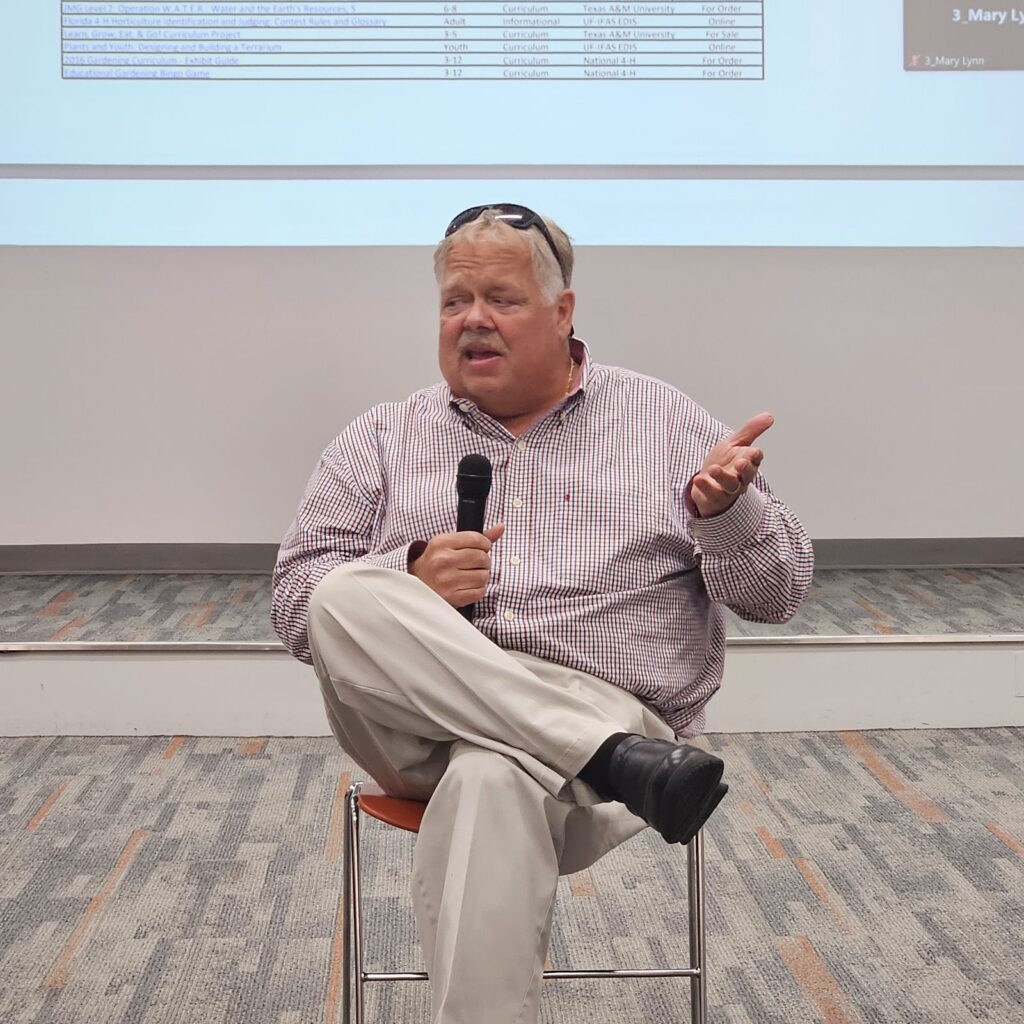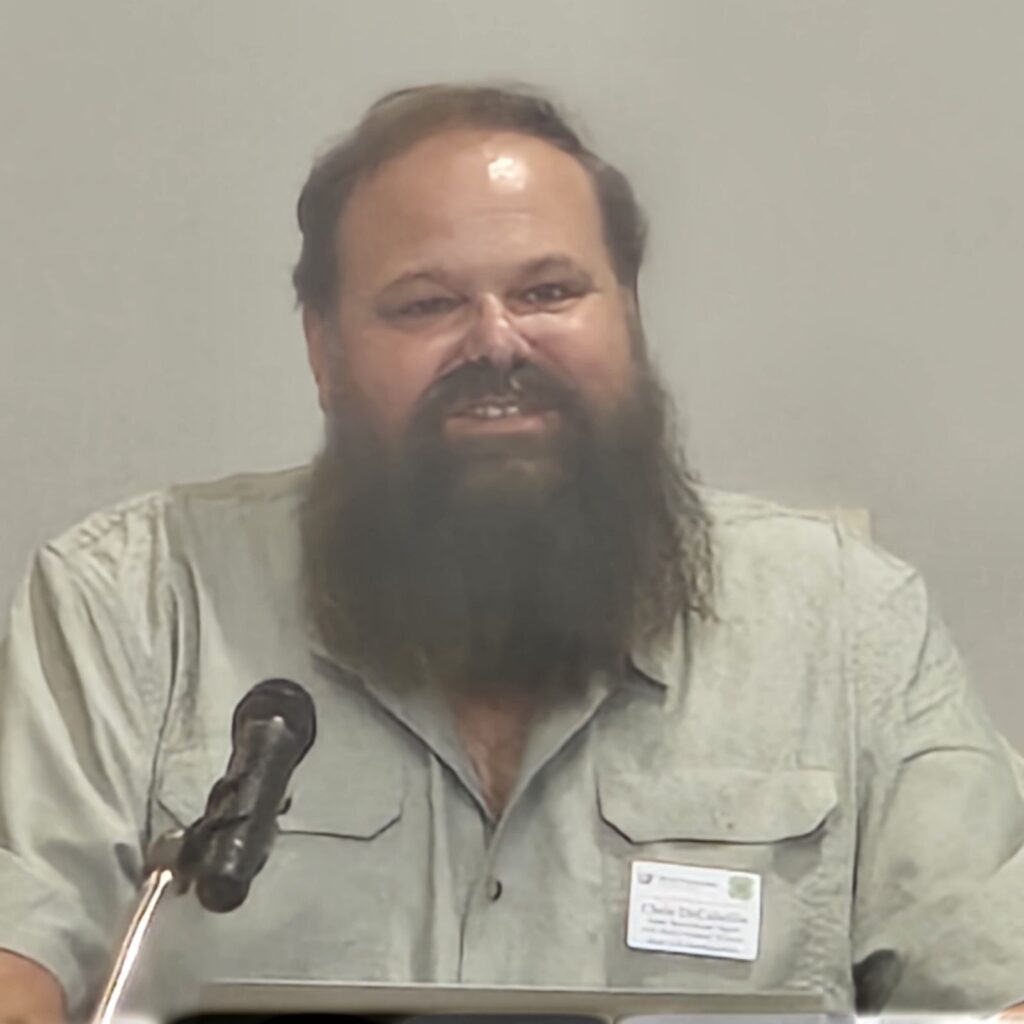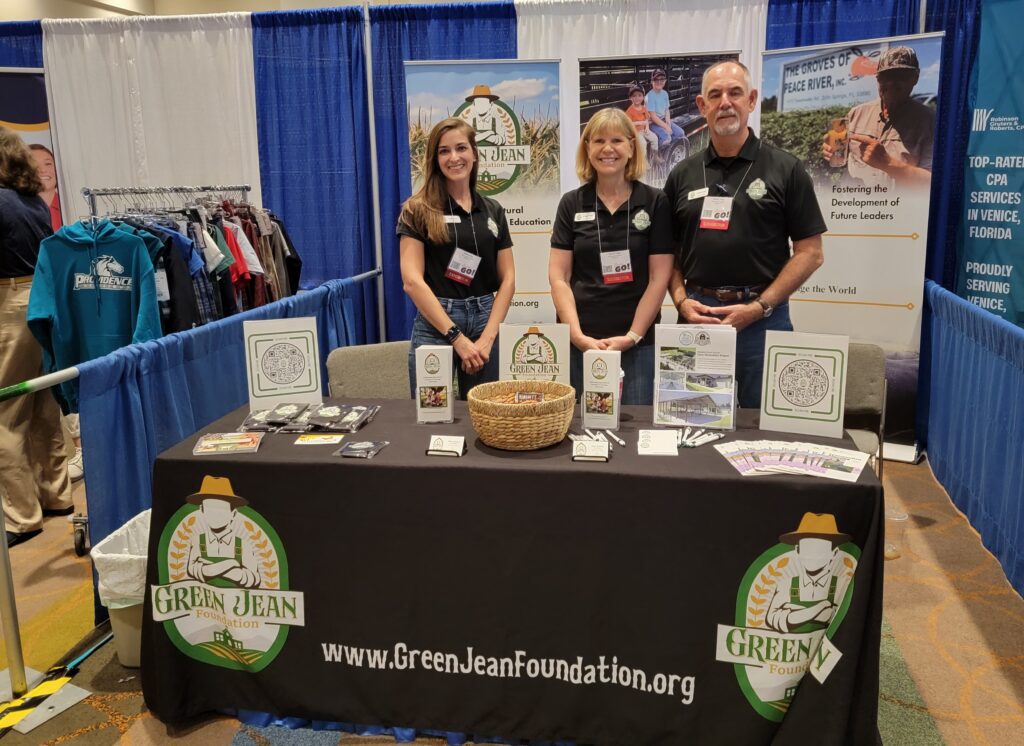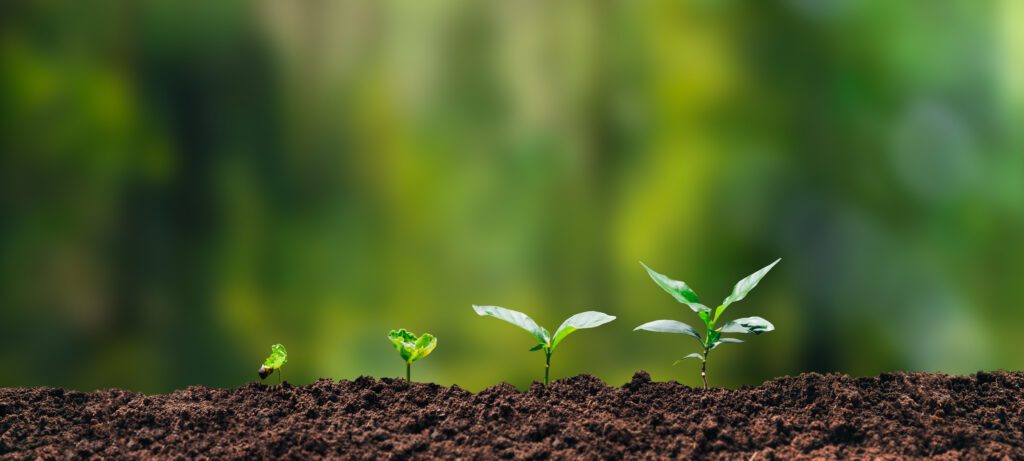Green Jean Foundation Fosters a Future for Ag
by RYAN MILEJCZAK
Education is key in all fields, and that’s especially true for agriculture.
That’s where the Green Jean Foundation comes in. Its mission, in its own words, is “to cultivate agricultural excellence through education,” and it does this by providing educational resources for schools, as well as for growers and the ag community at large.
“We are an agricultural educational foundation,” explains founder and President Matt Palmer. “That starts in the K-12 programs, where we’re trying to expand the agricultural curriculum. The next part of the foundation is to be a resource for the agricultural community and growers.”
Palmer has been working in Florida agriculture for more than 20 years building agricultural infrastructure. Although the foundation was founded in 2021, he first started thinking about the foundation nearly 15 years ago.


“Throughout my tenure in agriculture, I recognized an awful lot of problems. One of the first things I did was around 2001. The BMP program transitioned design and build to the supply houses, and the way that cost share worked, the more widgets they put in, the more cost share dollars they get. So they would cram in widgets, then I’d go out to my producers a year or two later and the huge projects they did would be growing weeds.”
What Palmer found was that not only were the designs inadequate for the growers but they also didn’t really solve any problems. So he started a company, Soil and Water Ag Tech, which worked to reduce groundwater consumption and nutrient migration in a way that was valuable to growers.
Before long, Vince Singleton, then director at Saint John’s Water Management District, came to Palmer asking whether he had any ideas about reducing groundwater consumption for the potato market in Hastings. After speaking to several professionals, such as Dr. Bud Belcher at Michigan State, Palmer bought a tile plow to put in subsurface irrigation and ultimately succeeded in cutting groundwater consumption by 50% and nutrient migration by 30%.
“That success led me to think about how we could do more of these things in the BMP program. So I started bringing more and more people together to figure out how to better do that. At the same time, 15 years into my career, I’m watching my producers get older and older, and a smaller and smaller amount of their kids and grandkids getting into the business. So I wondered, how in the world do we turn this cycle around?”
It was in a conversation with his friend Dr. Brian Boman, who sits on the board of the Green Jean Foundation today, that the idea to create the foundation fully crystalized.
“I call Dr. Boman and I ask, ‘How do we do this?’ And he says, ‘Today, it’s really done through foundations, and you should think about doing one.’ That was the kick in the pants that got me started looking at foundations.”
When Palmer started seeking support for the soon-to-be foundation, he was astounded by the enthusiasm and generosity of the ag community.
“I went to the best people I knew and sat down and said, ‘Okay, let’s build an organization.’ And strangely enough, essentially nobody said no. Everybody has jumped on board to help. It’s been amazing.”
Some of the numerous people who hopped on board to create the foundation include Dr. Chris DeCubellis, Boman, Linda Carol, and Palmer’s wife, Tara. With all hands on deck, it was time to pick a name, and Palmer drew inspiration from one of his favorite shows from childhood, Captain Kangaroo. On that show appeared the character Mr. Green Jeans, who was one of the first people to talk to his generation about agriculture, and Palmer wanted to honor that. After reaching out and getting enthusiastic permission to use the name, the Green Jean Foundation was born.
While the foundation is still young, it has already achieved big things. The foundation has already been awarded an appropriation for funding and partnering with Mote Marine, and they’ve started working in schools to teach kids about aquaculture.
“I had built aquaculture systems through my company SWAT for Dr. Chapman, Director of Aquaculture at UF. So we have a background in aquaculture, and I pulled a team together to start designing a system that is smaller, scalable, and mirrors what these students will see in commercial aquaponics and the aquaculture world. And the other part of that is having a staff to go out and work directly with those teachers and help them incorporate their systems into their curriculum. So far, it looks like we’ll be doing 20 to 25 classrooms this year.”
While Palmer is proud of the Green Jean Foundation’s achievements, he is quick to emphasize the important contributions of others who helped create the foundation, and the help of the Florida ag community as a whole.

“I just want to make note of what a special, honorable, amazing community this is, and how selfless everyone has been to help build something that is really going to help this community. My dad taught me when I was a little boy to surround myself with smart people, and I’d be able to do miraculous things. And that’s the reality. These people have come selflessly to give of themselves to help this mission. That’s what this foundation is, and all of the things that we make happen come from them.”

